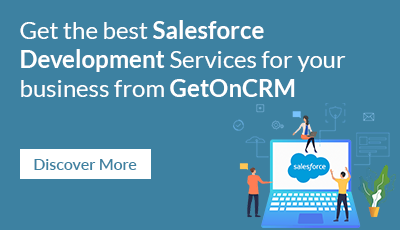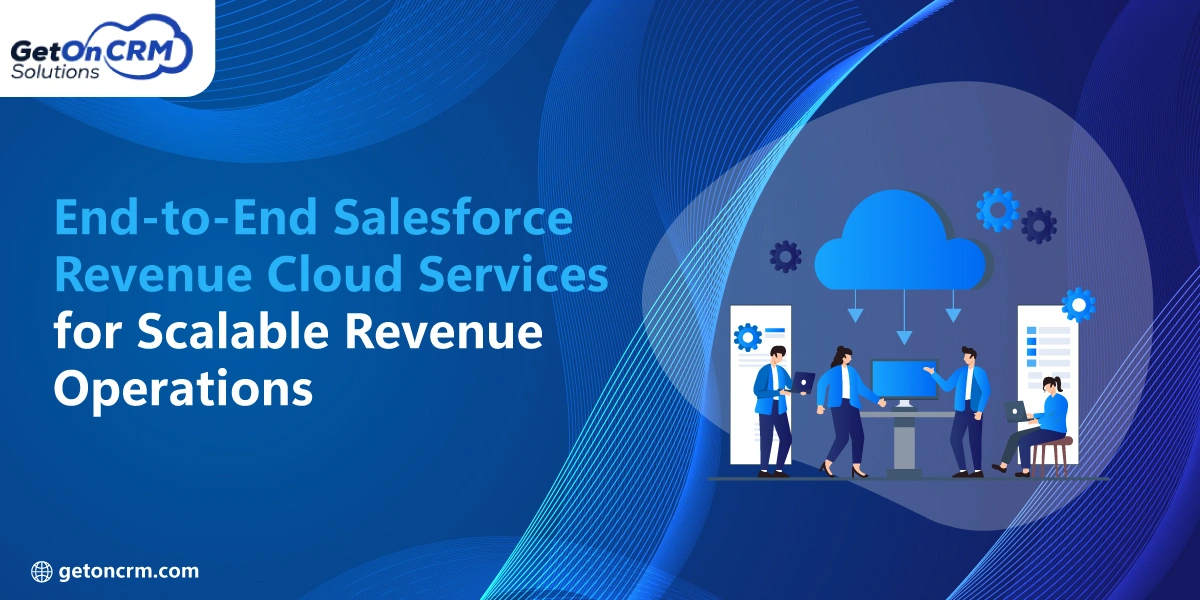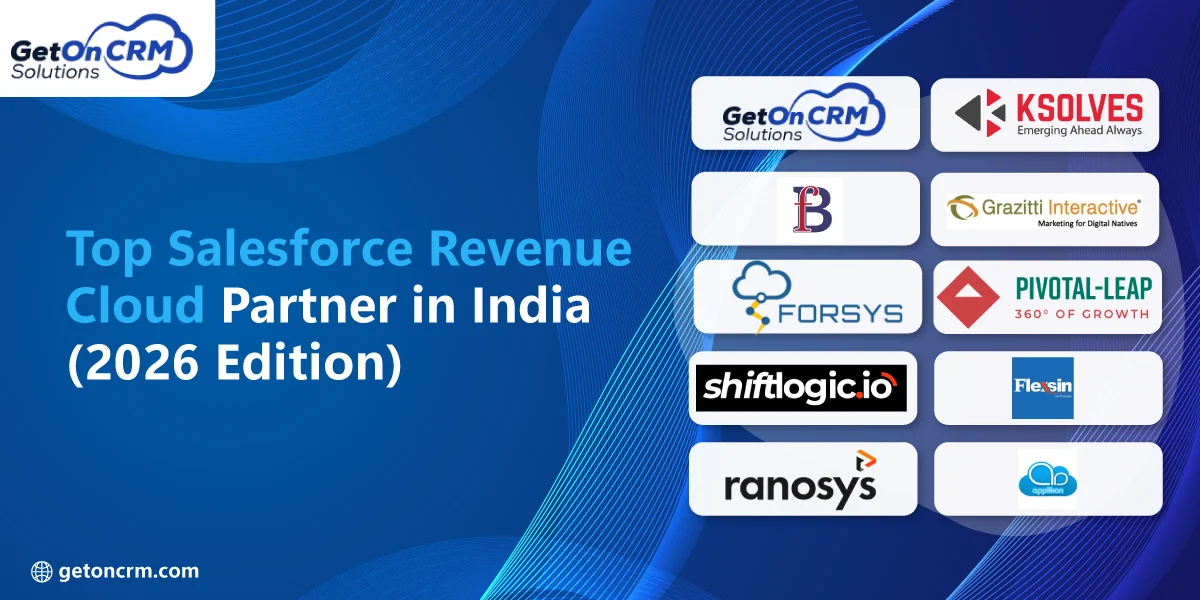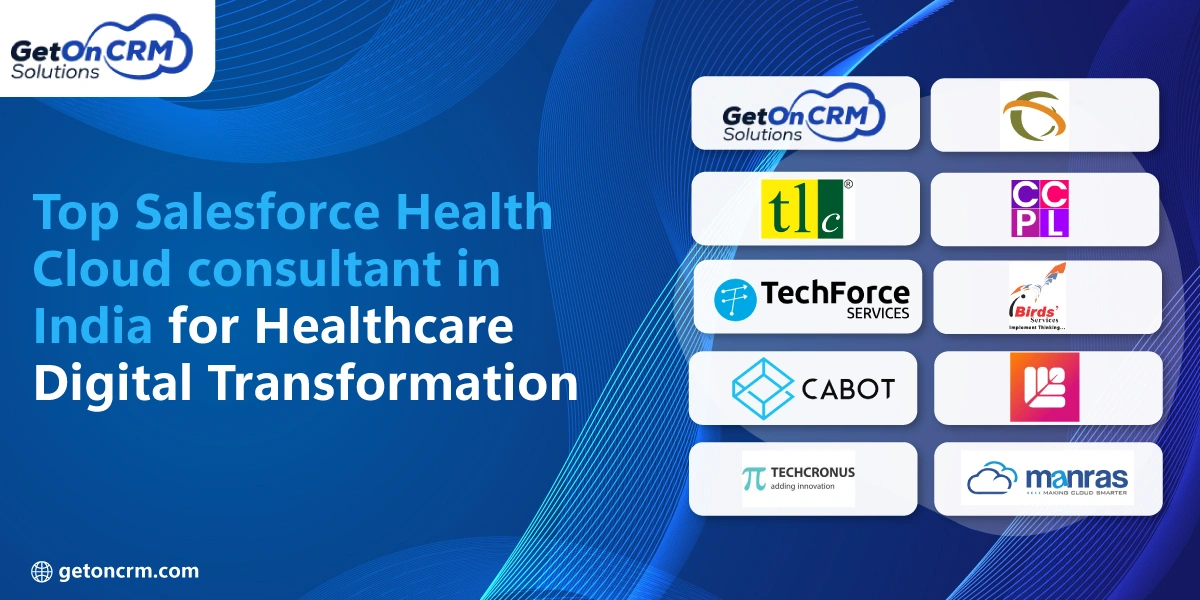Salesforce Marketing Cloud is the automation platform that gets the most praise and has the most features of any product in its category. It assists businesses in providing personalized, connected, and one-on-one customer experiences and provides unique insights into clients’ journeys.
As a result, it is a tool that every marketer needs if they want to tailor their marketing strategies to meet the needs and interests of their customers and see impressive results. By incorporating Salesforce Marketing Cloud, you can change how your customers feel about your business.
Know About The 3 Critical Aspects Of The Salesforce Marketing Cloud
1. Multi-Channel Messaging
Email and SMS messaging journeys can be constructed using the Salesforce Marketing Cloud journey builder. Multi-channel messaging has several applications, some of which include:
- Service And Support Case Communication
Sending customer content related to service and support via SMS for more timely information and using emails.
- Post-Purchase Communication
Post-purchase communications like product registration, delivery information, shipment status, etc., are sent via SMS and emails.
- Financial Communication
It is utilized to transmit loan or credit status information. For example, SMS communication can be effective on the actual due date to ensure that the customer does not miss their payment. At the same time, emails work well as reminders for upcoming loan payments.
2. Data-Driven Messaging
Companies can use this tool to send messages to each customer based on the data they already have and then create new messages based on how the customer’s data changes and interacts in real time. Decisions can be made at any one of many branches in a customer journey, depending on the following:
- Contact Data
In the marketing cloud, contact data refers to the information you send to a particular contact. That data’s modifications determine which route to take. For example, a contact in the journey branch looking for prospects becomes a customer. Therefore, the contact could be automatically moved to the new-customer journey branch due to the Salesforce Marketing Cloud contact data change.
- Journey Data
The information related to a contact’s cooperation with the Salesforce Promoting Cloud venture (e.g., email peruses or clicks) is called venture information. For example, a customer may receive multiple emails (welcome mail, product registration mail, etc.) after making a purchase.
Salesforce Marketing Cloud can determine whether customers open and respond to each correspondence. For example, if someone doesn’t open the product registration email after a predetermined time, the system can send it again or send them the following email in line if they have opened and acted on it.
Also Read: 5 Ways To Use Salesforce Marketing Cloud Datorama For Better ROI
3. Dynamic Components
Some Dynamic Components in salesforce marketing cloud implementation can create personalized email experiences and increase engagement. The following are some of these:
- Profiles For Dynamic Sending
You can use this to create unique email-sending addresses. For example, building an email with a different sender depending on how the salesperson interacts with the recipient is an everyday use case for Dynamic Sending Profiles.
- Dynamic Content
Creating highly tailored subject lines and email content based on an individual’s attributes and the associated data and rules applied to them is known as dynamic content. The content of the email will differ for each recipient. As a result, you’ll be able to provide a bespoke experience without coming across as stale.
What Are The Benefits Of The Salesforce Marketing Cloud?
1. A Customized Client Journey
The Promoting Cloud’s power is in customizing client ventures. Additionally, Salesforce Marketing Cloud can trigger and capture data from the first, second, and third parties.
2. Enhance Your Client’s Understanding
Salesforce Market Cloud lets you connect information from many sources and gadgets to complete and bring together client information. Additionally, it helps you optimize your marketing operations by integrating data with them.
3. Targeted Call-To-Action Creation
Personalization of Tailored Call-to-Actions lets you send targeted, one-of-a-kind CTAs to each customer based on their profile’s features, actions, and interests. Additionally, it enables you to reach them most efficiently.
4. Impact Analysis
Impact Analysis Marketing Cloud users can analyze customers’ journeys across various channels and devices using AI and Google Analytics 360.
5. Artificial Intelligence For Customization
Salesforce Marketing Cloud users can use AI to manage interactions by combining data with Einstein technologies. Consequently, the platform enables you to tailor customer encounters based on interactions with your brand.
Also Read: Major Benefits Of Top Salesforce Consulting Partners
What Are The Key Components Of Salesforce Marketing Cloud?
Salesforce Marketing Cloud has sophisticated features and tools that help you find and get to know your clients individually. You can then market to them via social media, email, e-commerce, mobile advertising, and other channels. With salesforce marketing cloud integration, you can create just the right content for every client and build and keep a one-on-one bond with them. Let’s examine each Marketing Cloud component in detail.
1. Journey Builder
It is a visual mapping tool provided by Salesforce Cloud Marketing. It lets you use email, push notifications, social media, ads, and the internet to create customer journeys.
2. Email Studio
After that, by delivering the right email campaign at the right time, Email Studio enables marketers to cultivate customer relationships and generate engagements.
3. Information Studio
Salesforce Promoting Cloud Information Studio allows you to collaborate with different advertisers and distributors to acquire exceptional client experiences and improve income.
4. Social Studio
Social Studio is a one-stop device for web-based entertainment promoting and the board. You can also enhance your social media marketing by listening to, monitoring, and engaging your audience.
5. Advertising Studio
Ad Studio enables you to launch large-scale ad campaigns directly from Journey Builder.
6. Mobile Studio
Mobile Studio is the most efficient method for delivering urgent messages directly to the device that customers use the most.
7. Interaction Studio
Can manage online and offline customer experiences with Interaction Studio’s real-time interaction management.
Conclusion
To put it mildly, salesforce marketing cloud services are a comprehensive set of stunning and intriguing tools. This blog discusses the Showcasing Cloud in Salesforce in express detail. Before discussing the features of Marketing Cloud in Salesforce, it also provides a brief overview of Salesforce’s capabilities and advantages. GetOnCRM is a Salesforce Silver Consulting Partner with expertise in marketing cloud. We help provide an insightful analysis by extracting complex data from various data sources like Salesforce and Salesforce Marketing Cloud; this is where a salesforce marketing cloud consultant like us comes in.
Frequently Asked Questions on the Critical Aspects of Salesforce Marketing Cloud
What are the three critical aspects of Salesforce Marketing Cloud?
Salesforce Marketing Cloud focuses on data management, personalized customer journeys, and advanced analytics. These elements work together to help businesses deliver targeted, effective, and measurable marketing campaigns.
How does Salesforce Marketing Cloud personalize campaigns?
It uses customer data to segment audiences, track behaviors, and deliver relevant messages. This ensures every customer interaction feels personal, leading to higher engagement and stronger relationships.
Can Marketing Cloud integrate with other business tools?
Yes. Marketing Cloud integrates with CRMs, ERPs, and third-party apps. This connectivity ensures marketers have a complete view of customer data, improving campaign accuracy and effectiveness.
How does Marketing Cloud improve ROI on marketing spend?
By offering AI insights and detailed analytics, Marketing Cloud helps businesses track campaign performance, reduce wasted spend, and focus on strategies that generate the most return.
Is Marketing Cloud suitable for small businesses?
Absolutely. Marketing Cloud provides flexible pricing and scalable tools. Small businesses can start with core features and expand as they grow, without being overwhelmed by unnecessary complexity.
How does Marketing Cloud support data-driven marketing?
Marketing Cloud collects and analyzes customer data in real time. This empowers marketers to make smarter, data-backed decisions that improve customer engagement and long-term results.























